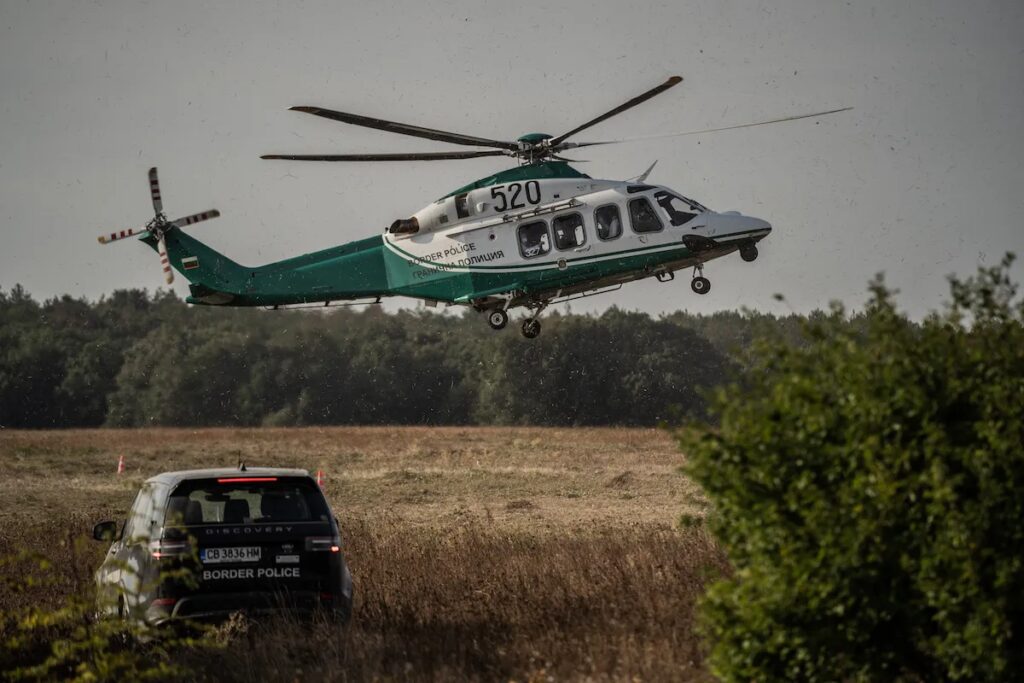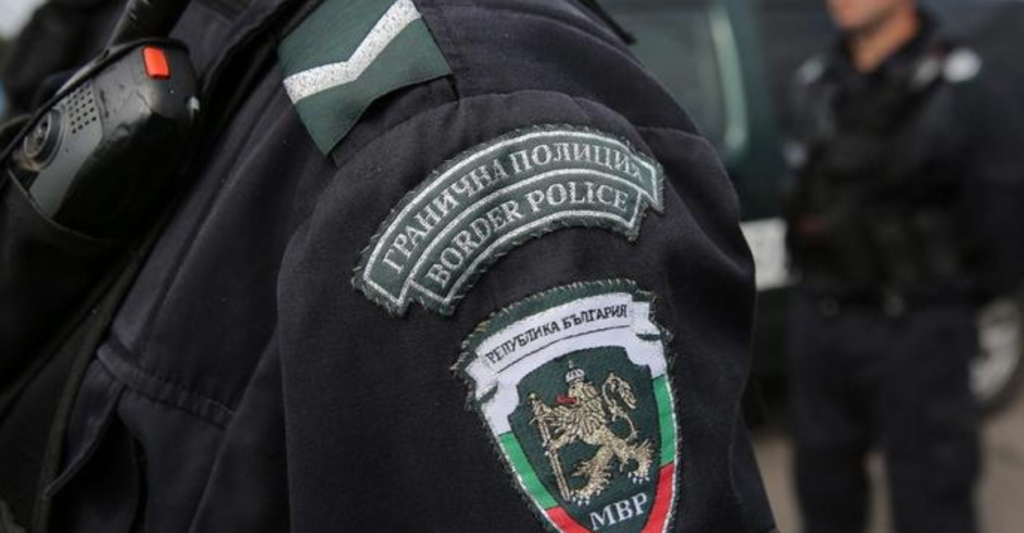In Serbia, Justice Gets an Early Release
The release of the convicted war criminal Sreten Lukic and his return to Serbia highlights how the Belgrade authorities are still doing nothing to prosecute other high-ranking officials for wartime crimes in Kosovo and the subsequent cover-up.
Isaw him only once – in court. But I tracked the results of his work in bones and graves.
Sreten Lukic, Serbia’s head of police for Kosovo during the 1998-99 war, was granted early release from prison last month. He has returned to live in Serbia after serving two-thirds of a 20-year sentence for murder, persecution, deportation, and forcible transfer as crimes against humanity.


